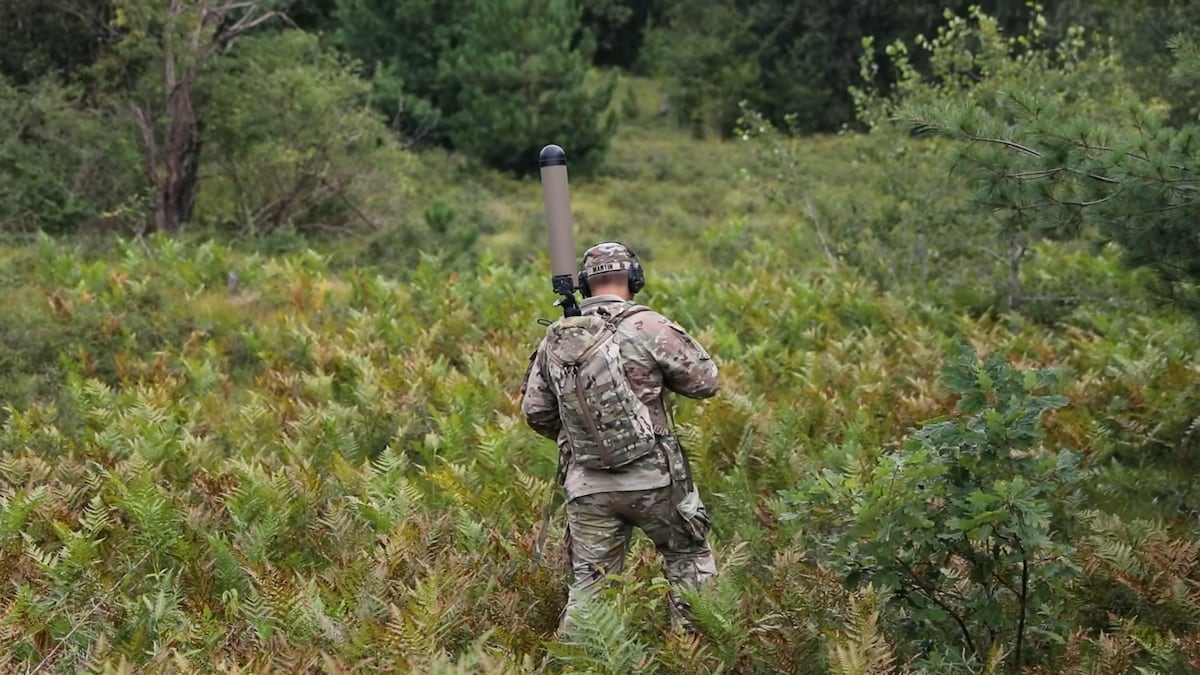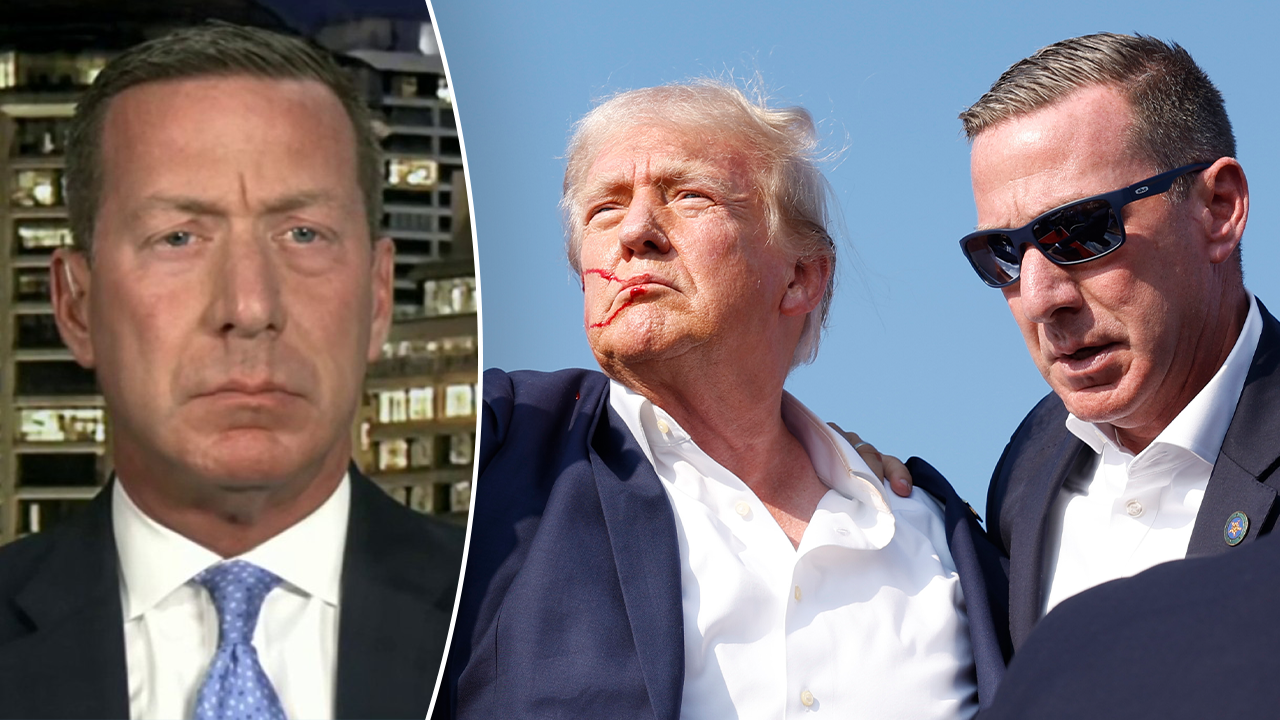This new tool lets brigades ‘see’ their electronic warfare footprint

NATIONAL HARBOR, Md. – A handful of operational U.S. Army brigades now have a tool to “see” how they and enemy forces look in the otherwise invisible electromagnetic spectrum.
The Terrestrial Layer System-Brigade Combat Team Manpack, or TLS BCT, is being fielded to the service’s three “Transformation in Contact” brigades. The Army selected the brigades to receive new commercial equipment, expert training and a series of experiments while preparing for operational deployments.
But soldiers shouldn’t worry — every brigade will receive the TLS BCT.
“The system is going to be deployed to every brigade combat unit in the Army,” said Ken Strayer, program manager for Electronic Warfare and Cyber in an Army release.
RELATED
Officials intend to field the TLS BCT Manpack to up to two brigade combat teams a month over the next three years, according to the release.
TLS BCT is a configurable radio system that can survey radio frequencies, collect signals, perform direction-finding operations, detect electromagnetic attacks and visualize electromagnetic spectrum (EMS) data.
The Army awarded a nearly $100 million contract to Mastodon Design to build, field and train soldiers on the system in July, according to an Army release.
Brig. Gen. Ed Barker, head of Program Executive Office-Intelligence, Electronic Warfare and Sensors, laid out some ways in which commanders might use electronic warfare equipment on a panel at the annual Association of Old Crows Annual Symposium in National Harbor, Maryland, on Thursday.
“To help that commander see what they look like within the [electromagnetic spectrum],” Barker said. “What do they need to control?”
Barker also discussed the suite of electronic warfare capabilities in his PEO portfolio, including the recently fielded TLS BCT and the future TLS Echelons Above Brigade, or TLS EAB, under development.
The systems will allow soldiers to conduct both signals intelligence and electronic detection and attack in one package.
“It’s providing them the ability to understand and affect in the [electromagnetic spectrum] environment,” Barker said.
In an Army release, Col. Leslie Gorman, Army Capability Manager — Electronic Warfare director, described the TLS BCT as a smaller and lighter version of a similar device first used by Army special operations forces.
The three “Transformation in Contact” brigades now putting TLS BCT through its paces are the 2nd Light Brigade Combat Team, 25th Infantry Division in Hawaii; the 2nd Brigade, 10th Mountain Division at Fort Drum, New York; and the 2nd Brigade, 101st Airborne Division at Fort Campbell, Kentucky.
Traditionally, the military often withdraws units from operations to field, test and implement new equipment and tactics. The “Transformation in Contact” approach seeks to continuously improve equipment fielding and adoption as the modern battlefield rapidly transforms.
The 101st Brigade conducted their rotation at the Joint Readiness Training Center, Fort Johnson, in late August. In October, the Hawaii brigade did its Joint Pacific Multinational Readiness Center at home.
The 10th Mountain brigade is slated for an overseas rotation next year in which its members will use the TLS BCT.
Two of the brigades already have the gear, according to the release, with the third to receive it soon. Officials did not specify which brigades had the equipment.
All three will provide feedback from experiences “in the box” at the combat training center rotations and on real-world deployments back to the developers. That feedback is expected to help improve the equipment as the service upgrades it and fields new versions continually across the Army.
Todd South has written about crime, courts, government and the military for multiple publications since 2004 and was named a 2014 Pulitzer finalist for a co-written project on witness intimidation. Todd is a Marine veteran of the Iraq War.
Read the full article here







